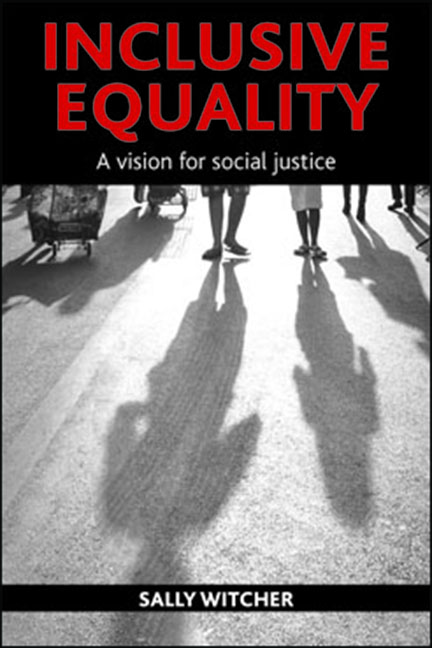five - Social exclusion
Published online by Cambridge University Press: 03 February 2022
Summary
Defining social exclusion
At the beginning of the millennium social exclusion was described as ‘the single dominant issue on the current political agenda in contemporary Europe’ (Ratcliffe, 2000, p 169). According to the European Commission (a source of much activity on the subject) in their 1992 Communication ‘Towards a Europe of solidarity’ (COM (92) 542), social exclusion results from: ‘mechanisms whereby individuals and groups are excluded from taking part in the social exchanges, from the component practices and rights of social integration and identity. Social exclusion goes beyond participation in working life; it is felt and shown in the fields of housing, education, health and access to services.’
What are those mechanisms? What social exchanges, component practices and rights? What have they got to do with social integration and identity? Just what that issue is – the meaning of social exclusion – has been, and remains, far from apparent. All that can be said with confidence is that social exclusion is not a single issue. Indeed, a persuasive case could be made that a defining feature of the concept is that it encompasses so many issues and contradictory interpretations of them that it becomes near meaningless. Nonetheless, beneath the myriad superficial manifestations are to be found distinct bodies of thought with clear historical and ideological foundations (see Byrne, 2005). That is not to say it is necessarily obvious which is being referred to at any one time. The power of the concept (as well as much confusion) arises from the way social exclusion can, ‘almost unnoticed, mobilise a redistributive argument behind a cultural or integrationist one – or represent cultural or integrationist arguments as redistributive’ (Levitas, 2005, p 27). Byrne contends that the ‘babbling’ of political elites about social exclusion is a kind of ‘linguistic trick to assert a continued commitment to the values of order liberalism/reformist social democracy, whilst the actual tenor of policy supports globalization and neo-liberalism’ (2005, p 60).
The difficulties in pinpointing meaning are nowhere more acute than when it comes to social exclusion. Helpfully, commentators have flushed out into the light the ways in which it can elude capture.
- Type
- Chapter
- Information
- Inclusive EqualityA Vision for Social Justice, pp. 127 - 154Publisher: Bristol University PressPrint publication year: 2013



